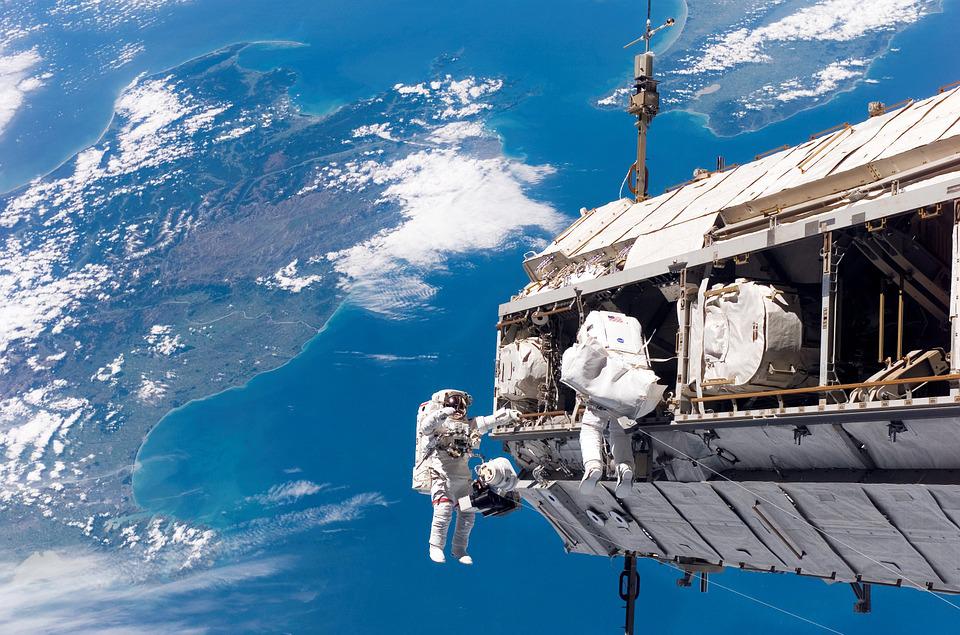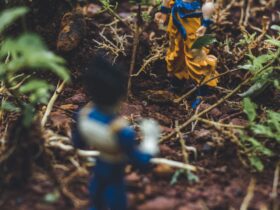It was recently reported that astronauts of the International Space Station’s all-private personnel complained about their travel to low Earth orbit, arguing that they had far too many tasks to complete onboard the lab.
They stated that they attempted to squeeze too much into their timetables, which placed them and the astronauts actually residing and operating on the space station under a great deal of stress because of it. As a result, the coming of the Axiom team appeared to have a greater influence on their daily responsibilities than originally anticipated.
The crew landed on the ISS on April 9 with an amazing scientific cargo that comprised tests on holoportation, human tissue, plus high-precision optical equipment, among other things. However, since this was their first trip to space and they were not trained astronauts nor researchers, certain studies took far more than expected. A pre-flight instruction exercise that was supposed to last 2.5 hours wound up taking twice as long.
Because of poor weather setbacks, the expedition was originally scheduled to continue for 8 nights but was prolonged to 15 days. For the first-time ISS crew members, the additional time spent beyond Earth’s atmosphere was a blessing in disguise since it enabled them to soak in the spectacular vistas.
That means 11 astronauts were still on board at the time of their prolonged stay on the International Space Station (ISS). This entailed that the Axiom-1 crew’s schedule was significantly disrupted since several scientific systems only permit for 4 or fewer astronauts to perform investigations at the same moment.
The business has already begun preparations for the deployment of the next crew to the International Space Station (ISS). They have sold 3 tickets on a SpaceX Crew Dragon, with one of those seats being reserved for an astronaut coming from the United Arab Emirates.













Leave a Reply